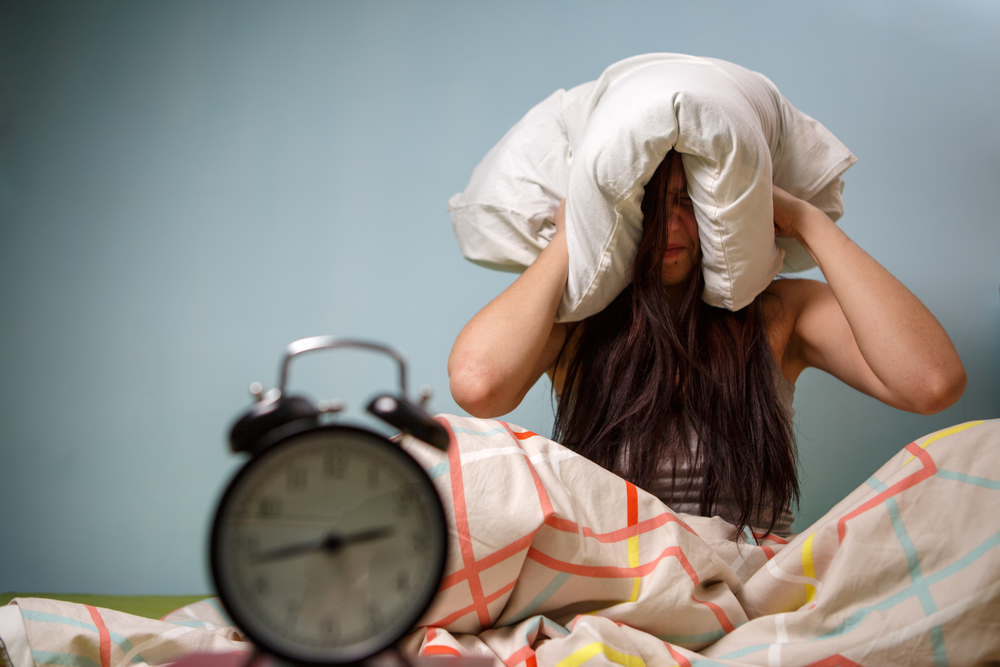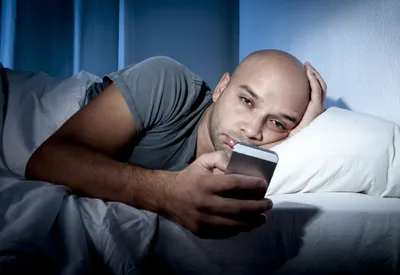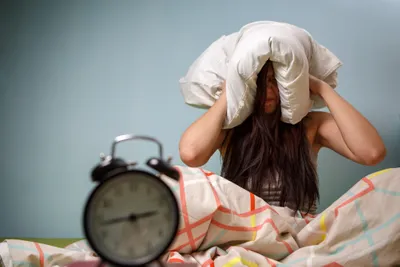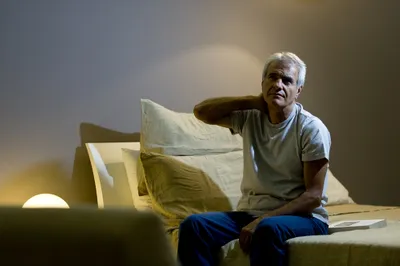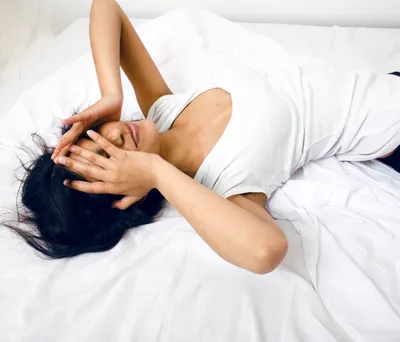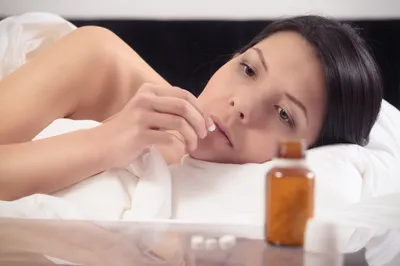Sleep—it’s a natural function, but it proves elusive for many Americans. There can be many health-related factors that contribute to insomnia from chronic pain to sleep apnea, but there are also a number of environmental factors that can rob you of shut-eye.
Where we live and how we live can play a big part in the quality of our sleep at night. In the wake of Sleep Awareness Week in July, let’s take a look at seven external factors that could be keeping you up at night…
1. Light Pollution
This is likely the biggest outside factor affecting your sleep, and it can come down to excess light from outdoor sources, or even light inside your home. The Division of Sleep Medicine at Harvard Medical School (HealthySleep) notes that light can affect your internal clock and therefore change the natural time we feel sleepy.
This connection to our “internal clock” is through light sensitive cells in your eye’s retina, according to the source. These cells are responsible for telling your brain what time of day it is. The invention of the light bulb in fairly recent history has thrown off our sleep patterns, with exposure to excess light late in the evening (or in the middle of the night) becoming more common (think of mobile device screens).
2. Night Noises
WorldSleepDay.org notes, “intermittent sounds—such as an occasional honking or revving car—is more disturbing than continuous noise”. That’s a big deal if you live in a more urban area, as these sounds never stop. The source notes that for some people, this could lead to lack of sleep and mood disorders.
While it’s difficult to stop cars from honking at midnight (you can’t be out there in your pajamas yelling at drivers), you should at least cut indoor distractions by putting devices on silent (or removing them from your bedside) and turning off the television, suggests the source.
3. High Humidity
This Sleep.org article entitled “How Humidity Impacts Sleep”, warns of the perils of trying to get restful slumber if you don’t own an air conditioner. The article explains that high humidity makes it more difficult for moisture to evaporate from your skin, which leads to you being a sweaty mess—not exactly ideal sleep conditions.
If you prefer using a blanket during the night, the site suggests using a breathable material like cotton over polyester. “Wicking pajamas” can also help keep moisture away from your body. The source also notes that humidity can mean more mold growth in your immediate environment, which can keep you awake if you have allergies.
4. Low Quality Pillows
The reason you can’t sleep might be right under your nose. The Daily Mail UK suggests that your pillow might actually be making you tired, even if you believe you’re getting good quality sleep. The source identifies this phenomenon as “ semisomnia”, when you’re sleeping but not quite “switched off”.
The article goes on to explain that pillows with man-made filling can have a life as short as 6-months, and that your pillow could be beyond the point where it can properly support your head’s weight. To test if your pillow is still good, put it on a flat surface and fold it in two (while squeezing out the air)– if it returns to its original state when released, you’re good. If it stays folded, replace it.
5. Improper Diet
What you’re putting into your body could be giving you nightmares. Well, that’s not exactly true. You have to be asleep to have a nightmare. That aside, your dietary habits play a role in restfulness and you should take some precautions, notes SleepEducation.org.
What you eat closer to bedtime will impact your sleep quality even more. That’s why the source suggests avoiding larger meals before bedtime, and opting for smaller, lighter snacks instead. If you’re a coffee drinker, keep it to the morning and early afternoon, not the later hours of the day.
6. Excess Stress
SleepFoundation.org notes you can determine if stress is the culprit of your low-quality slumber by tracing back to when the heightened stress began (and when your sleeplessness began). If you remove yourself from the stress and you still can’t sleep, then you might be suffering from insomnia or something else, notes the site.
If you’ve left a stressful situation but the effects of it are lingering on and invading your sleep hours, or you find it hard to “wind down” after a long day at the office, then it may be depression you’re dealing with. It may be best to consult a physician on this one.
7. Medications
There are some prescription and over-the-counter drugs, such as sleeping pills, designed to help you get over your insomnia. However, as WebMD points out, those very remedies can end up making you lose even more sleep.
The site notes that sleeping pills are generally meant for short-term sleeplessness relief. Many sleeping pills are anti-anxiety drugs, which means they are potentially addictive (and you may build a tolerance to them after a short while, making them less effective). They can also cause bad dreams and “parasomnias” such as sleepwalking, which probably won’t help you feel more rested in the morning.
